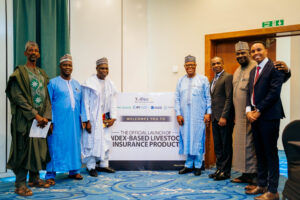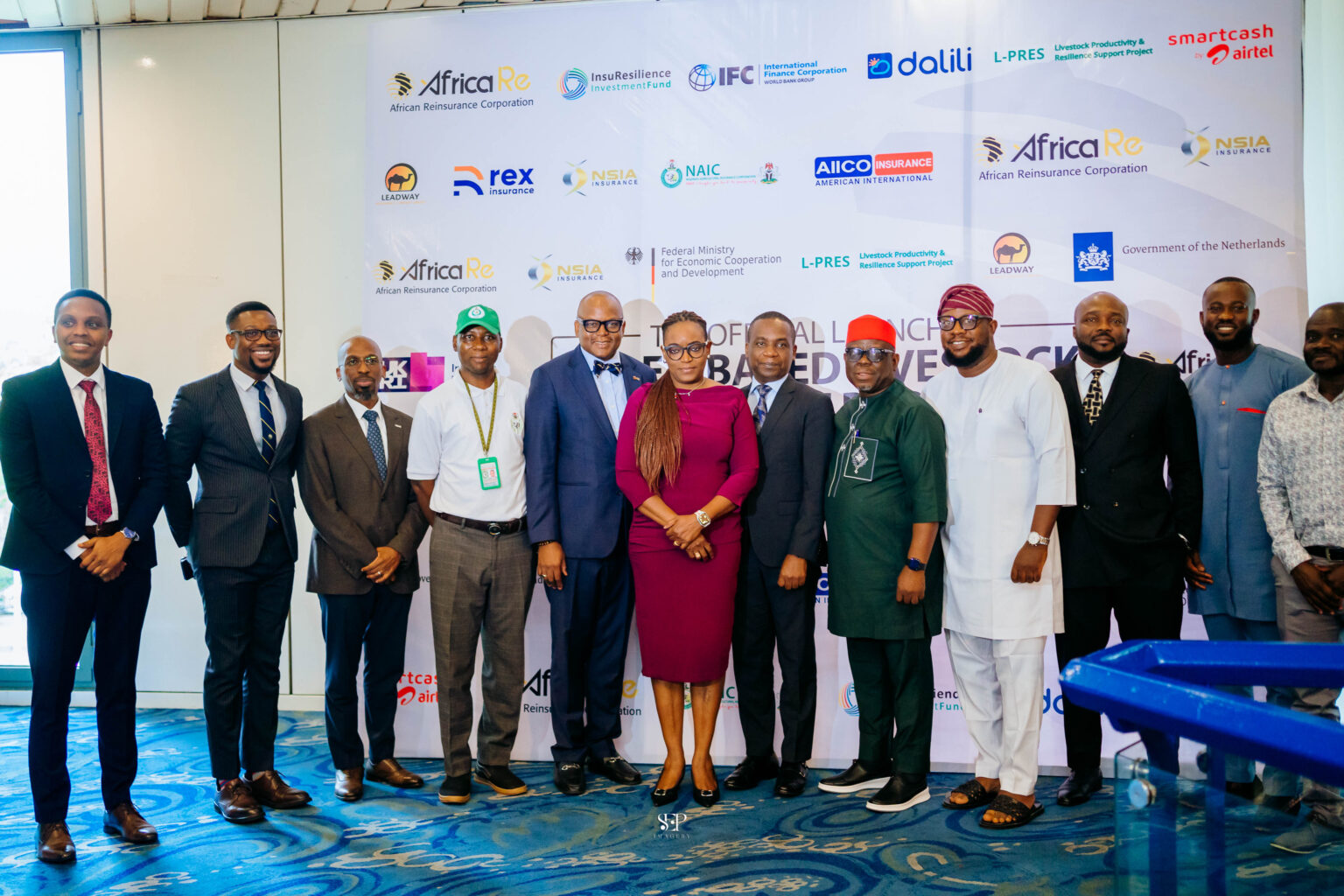This July marked a milestone for climate‑smart finance in West Africa: the official launch of Nigeria’s first index‑based livestock insurance programme in Abuja. Developed by Africa Re and Dalili Advisors, the product uses satellite vegetation data to trigger payouts to pastoral households when drought threatens their herds. BlueOrchard through its InsuResilience Investment strategy is proud to be part of the story, both as an equity investor in Rex Insurance Limited (the lead underwriter) and as the provider of a USD 650,000 premium‑support facility that makes cover immediately affordable for thousands of herder families.
The concept is simple but powerful: independent satellite data is used to track the health of grazing areas across the pilot states Bauchi, Plateau, Adamawa and Sokoto states. If at the end of the wet season forage levels fall below a pre-defined reasonable threshold, compensation is sent directly to insured herders via Airtel’s mobile‑money platform often at the onset of the dry season. The result is a financial lifeline that keeps livestock alive, protects household income and removes one of the main triggers of farmer‑herder conflict through transhumance.

Behind the scenes, and to make this successful is a genuine team effort. Africa Re provides the reinsurance backbone; Rex, Leadway, AIICO, NSIA and NAIC co‑insure the risk; Airtel Smart Cash handles digital enrolment and payouts, while World Bank’s Livestock Productivity and Resilience Support Project (L-PRES) mobilise communities on the ground. This feasibility work was funded by IFC and executed by Dalili Advisors, whose field studies and developed actuarial models have turned raw Earth‑Observation data into a fair premium for every insured livestock unit.
Over the coming season the pilot will protect over 40,000 pastoralists and generate the insights needed to scale the solution across the Sahel. For BlueOrchard this is blended finance in action: catalytic capital that unlocks innovation, private underwriting capacity, modern technology and local distribution, all in service of more resilient livelihoods.

